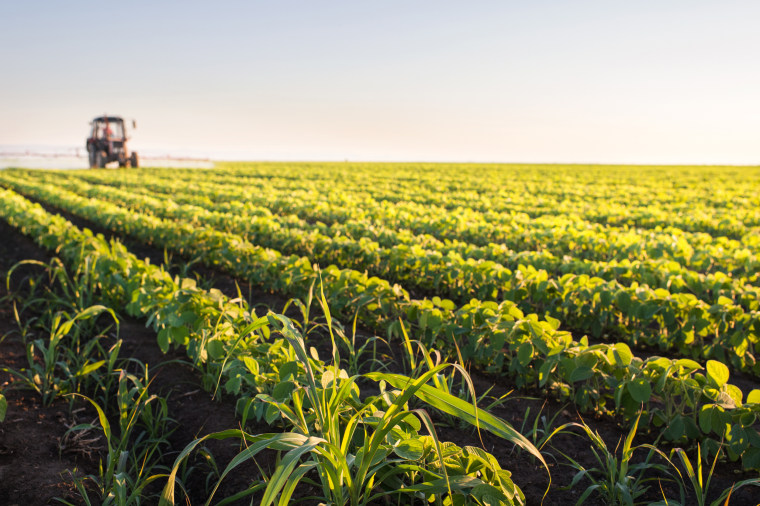
With the world’s population projected to reach almost 10 billion by 2050, experts are looking for ways to make sure everyone will have enough to eat while promoting farming practices and dietary habits that will do a better job of protecting human health and that of the planet.
“We are not providing most people a healthy diet, our agricultural systems are degrading the natural resources needed for food production, and we will add more than 2 billion more people to feed,” Walter Willett, a professor of epidemiology and nutrition at the Harvard T.H. Chan School of Public Health, told NBC News MACH in an email.
But if Willett sounds bleak, he’s actually rather bullish on the prospect of implementing sustainable agricultural practices and dietary habits. Not that the transition will be easy: “Major changes in the foods we eat, the way we produce foods and the amount of food waste are needed to be able to pass on to our children and grandchildren a viable planet and future,” he said.
Those changes were the focus of a panel discussion held Friday on the school’s campus in Boston.
